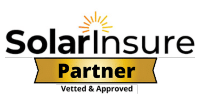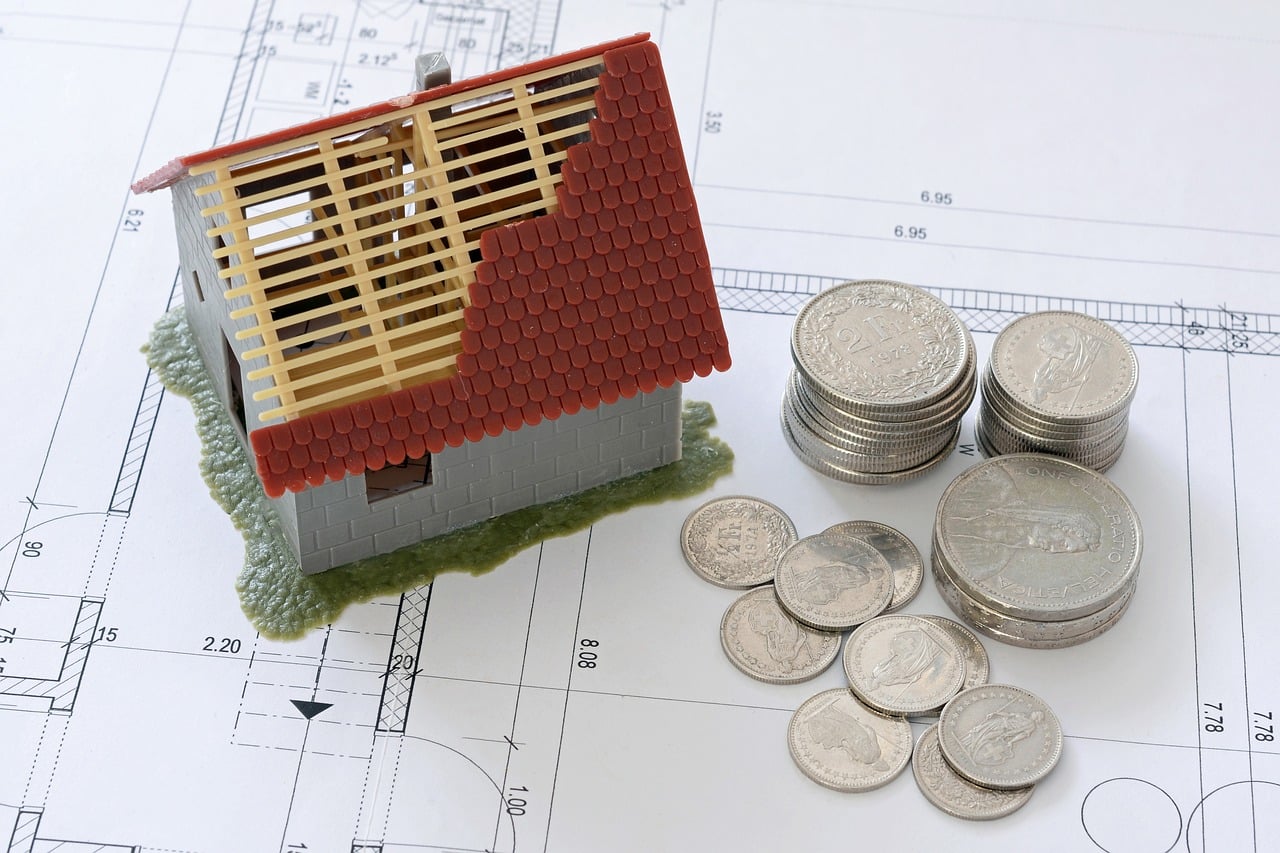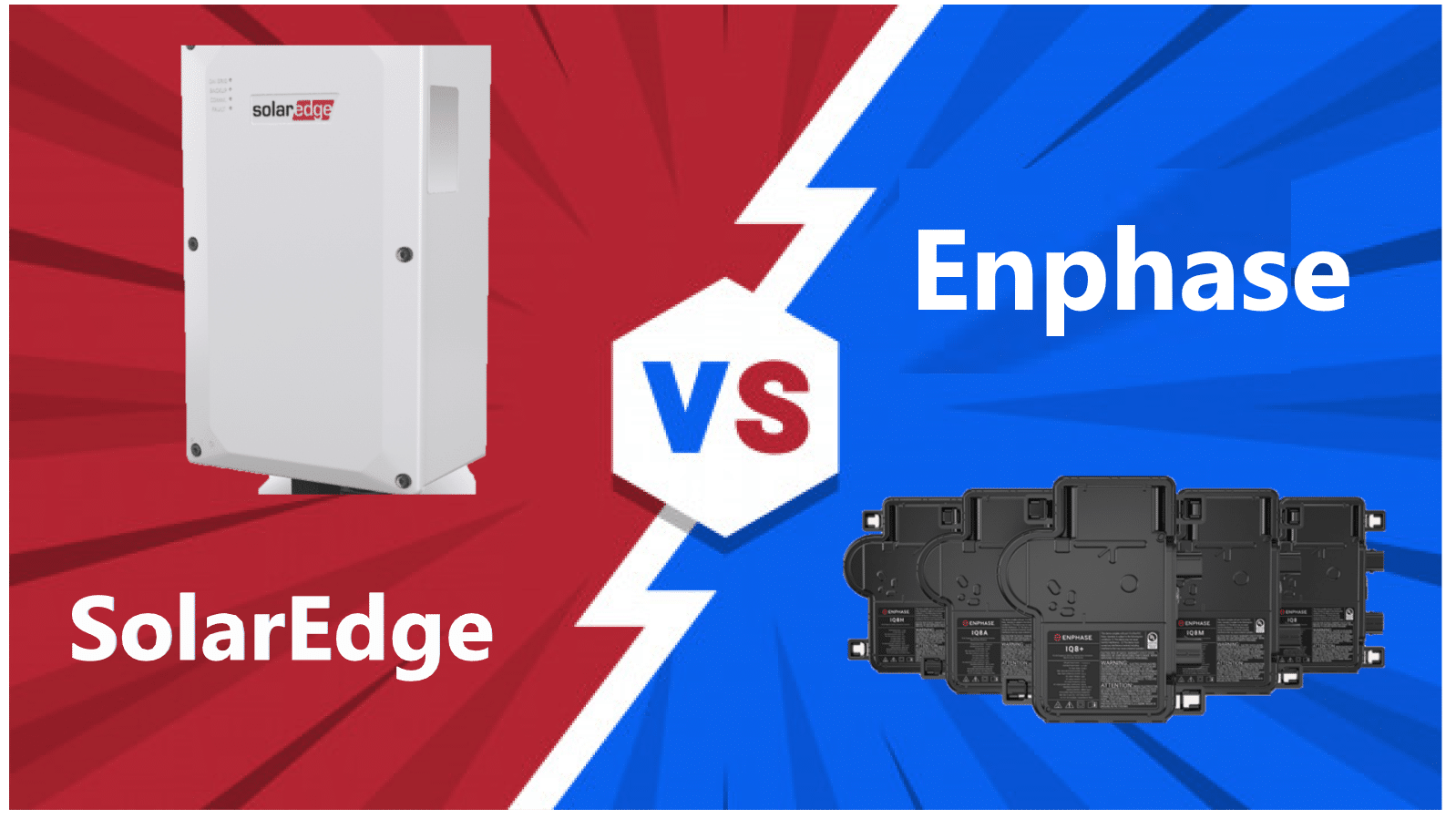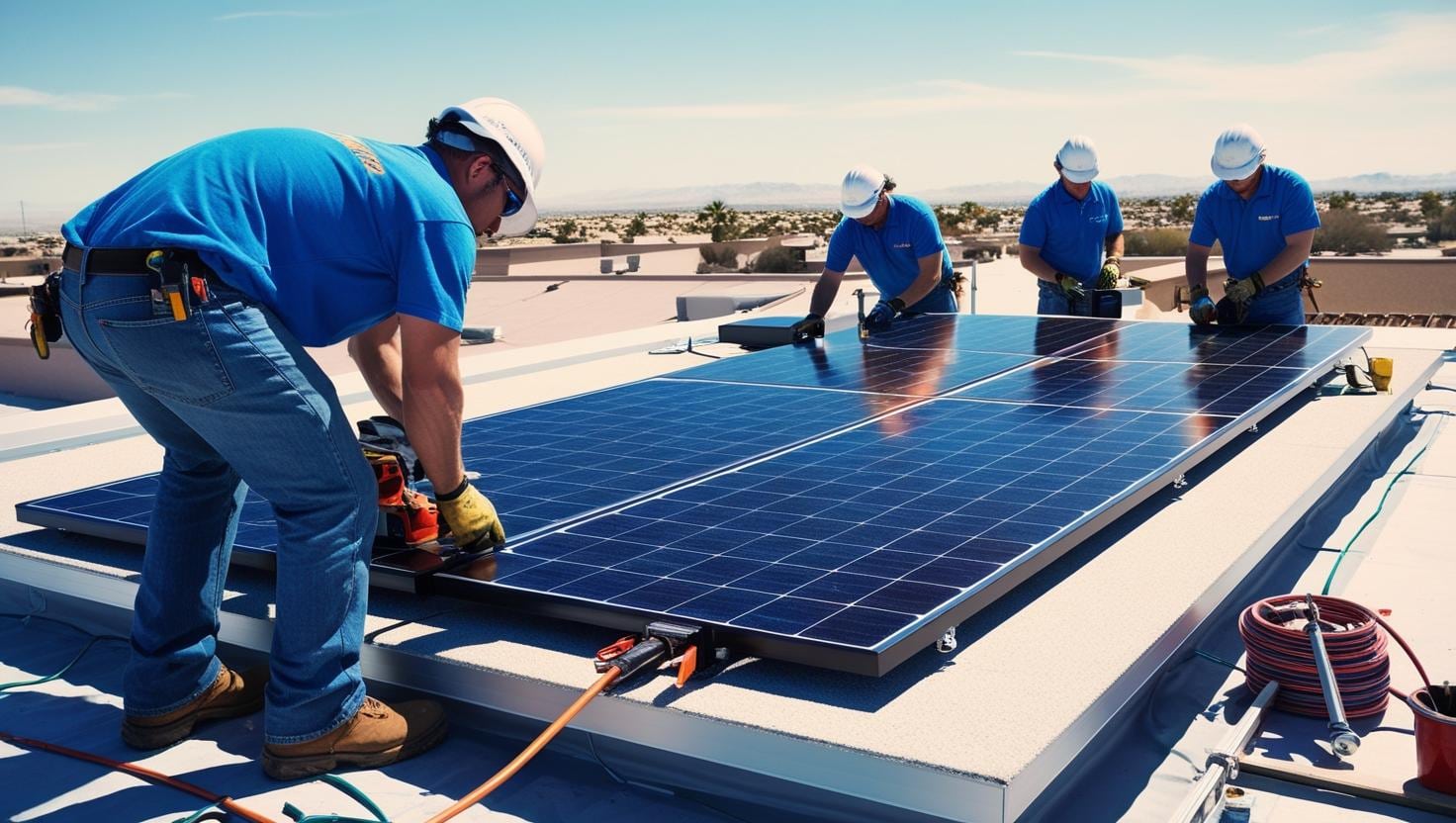In the quest to harness the power of the sun, many homeowners find themselves at a solar crossroads, pondering whether to own their solar system outright, enter into a leasing agreement, or opt for a solar loan.
The decision between solar lease vs own or solar lease vs loan is pivotal, influencing not only your financial landscape but also your journey toward sustainable energy independence. If you need to finance solar panels, there are various options available to help cover the total cost of going solar.
This article will guide you through the nuances of each path, shedding light on the benefits and considerations of solar ownership, leasing, and financing options. The federal solar tax credit is a significant financial incentive for owning a solar panel system, potentially saving homeowners thousands of dollars on their solar installation.
The Ownership Odyssey
Owning your solar panel system outright is akin to being the captain of your own ship, sailing the solar seas. You buy the panels, you reap the rewards—simple, right? Well, yes and no. Let’s delve into what this means for you, the solar-adventuring homeowner.
Upfront Investment in a Solar Panel System
Like any noble quest, the path of ownership requires an upfront investment. The solar panels cost can vary depending on the type of panels, quantity needed, and additional necessary parts for a complete system installation. You’re buying the equipment from solar companies or contractors, which includes not just the panels but potentially a main panel upgrade to ensure your home can handle your new solar prowess.
The Incentives Treasure Trove
Ownership allows you to claim any available solar incentives, tax breaks, and rebates. Solar Renewable Energy Credits (SRECs) are another incentive offered in certain regions to promote solar energy generation, allowing the solar system owner to sell or trade these credits. This can significantly reduce the overall cost of your system, making the treasure chest of savings much more attainable.
Long-Term Savings
Over time, owning your solar panels leads to more significant savings because you’re not paying a monthly lease fee. Tracking and analyzing solar energy production in real-time can further maximize these long-term savings. You’ve essentially locked in your energy rates, shielding yourself from the whims of utility price increases with your solar shield.
Home Value Hike
Adding a solar energy system can increase your home’s value. It’s like your house went to the gym and bulked up on solar muscles—very attractive to potential buyers if you decide to sell your solar-fortified castle.
The Solar Loans Option
For those who seek the benefits of ownership but prefer a more manageable payment structure, obtaining solar loans presents a compelling alternative. With a solar loan, homeowners can finance the purchase of their solar system, spreading out the cost over time while still reaping the long-term benefits of solar ownership.
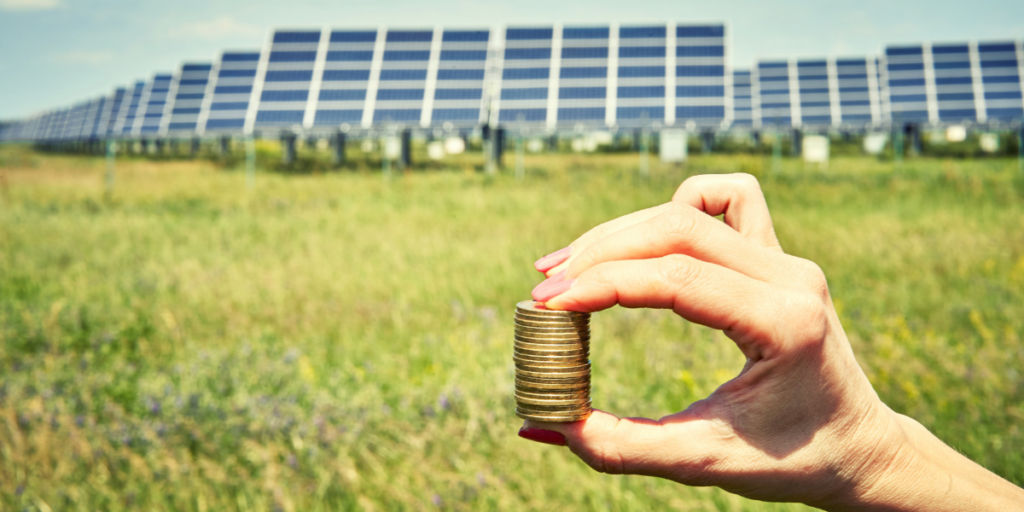
This option provides the flexibility to enjoy the advantages of solar energy without the need for a significant upfront investment, making sustainable living more accessible and affordable for a broader range of individuals.
The Solar Lease Landscape
Leasing a solar system or entering into a solar power purchase agreement is like having a trusty solar steed that you don’t own; you get to ride it and enjoy the benefits without the responsibility of ownership. Here’s what that looks like in the realm of solar homes.
Little to No Upfront Costs
Leasing requires little to no upfront costs, making it an attractive option for those who want to install solar panels without engaging in financial gymnastics or who don’t have a dragon’s hoard of gold lying around.
Maintenance Not Your Problem
With leasing, the responsibility for maintaining and repairing the system typically falls on the solar companies. When installing solar panels, it’s important to consider the growing popularity of solar energy, potential cost savings, environmental benefits, and researching various financing options before committing to the project. It’s like having a solar squire to tend to your solar steed.
Fixed Payments
Lease agreements usually come with fixed payments, providing predictability in your budgeting. However, you might not save as much in the long run compared to owning your system.
No Incentives for You
Leasing means you don’t qualify for tax incentives or rebates—the solar companies or contractors who own the system do. It’s a bit like finding out the treasure chest doesn’t belong to you after all.
Which brings us to another frequently asked question: Are solar lease payments tax deductible? No, solar lease payments are generally not tax-deductible for the person leasing the system.
What is a Solar Power Purchase Agreement?
A Power Purchase Agreement (PPA) lease offers an innovative approach to utilizing solar power without the burden of ownership. With a PPA, you simply purchase the electricity generated by a solar system owned by a third-party company at a discounted rate compared to your local utility provider.
This arrangement allows you to enjoy the benefits of clean energy without the upfront costs and maintenance responsibilities associated with owning a solar system. By entering into a PPA lease, you can support renewable energy initiatives while potentially lowering your electricity bills without the responsibilities that come with maintaining or owning a solar system.
The Solar Decision Duel

Deciding between owning and leasing your solar system depends on various factors, including your financial situation, your long-term housing plans, and how much you enjoy the thought of battling utility rate increases with your own solar sword.
A solar power purchase agreement (PPA) can offer financial benefits by allowing you to install and maintain solar panels without upfront costs, while committing to purchasing the generated electricity at a fixed rate for a specific period.
The Best Solar Companies
Regardless of your choice, working with reputable solar companies is crucial. They can provide guidance, perform any necessary main panel upgrades, and ensure your transition to solar is as smooth as a sunny day.
The Bottom Line
Ownership offers more long-term benefits and savings, plus the joy of knowing you’re contributing to a greener planet with a system that’s all yours. Leasing, on the other hand, offers an accessible path to solar with less financial commitment upfront and fewer responsibilities.
Choosing between owning or leasing your solar system is a personal journey. Whether you decide to own your solar panels outright and revel in the glow of your solar sovereignty, or lease them and enjoy the sunny ride without the burdens of kingship, the important thing is that you’re joining the ranks of solar-powered homes.
Either way, you’re part of the movement towards a more sustainable future, one solar panel at a time. Just remember, in the quest for solar, every day is a day to shine.

